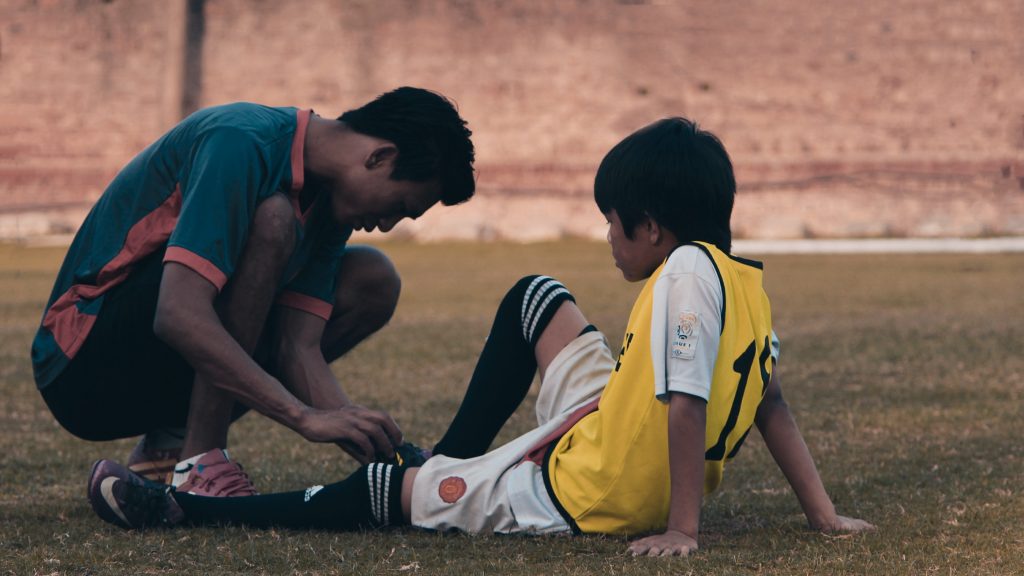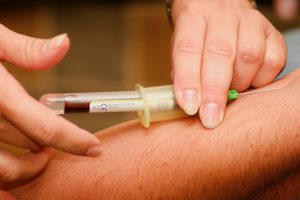Staying healthy and safe is important for everyone, regardless of age or lifestyle. There are many things you can do to prevent common diseases and injuries, and many of them are simple and easy to follow.
In this blog post, we will discuss some of the most important things you can do to stay healthy and safe. We will cover topics such as:
- Eating a healthy diet
- Getting regular exercise
- Getting enough sleep
- Managing stress
- Avoiding risky behaviors
- Practicing good hygiene
- Getting regular medical checkups
Eating a healthy diet
One of the best things you can do for your health is to eat a healthy diet. A healthy diet includes a variety of foods from all food groups, including fruits, vegetables, whole grains, lean protein, and low-fat dairy products. It is also important to limit processed foods, sugary drinks, and unhealthy fats.
Eating a healthy diet can help you maintain a healthy weight, reduce your risk of chronic diseases such as heart disease, stroke, type 2 diabetes, and cancer, and improve your overall health and well-being.
Here are some tips for eating a healthy diet:
- Eat plenty of fruits and vegetables. Aim for at least five servings of fruits and vegetables per day.
- Choose whole grains over refined grains. Whole grains are a good source of fiber, which can help you feel full and satisfied after eating.
- Choose lean protein sources, such as chicken, fish, beans, and lentils.
- Limit processed foods. Processed foods are often high in unhealthy fats, sugar, and sodium.
- Limit sugary drinks. Sugary drinks are high in calories and can contribute to weight gain and other health problems.
- Choose healthy fats, such as those found in olive oil, nuts, and seeds.

Getting regular exercise
Another important part of staying healthy is getting regular exercise. Exercise helps to strengthen your muscles, improve your cardiovascular health, and reduce your risk of chronic diseases.
Adults should aim for at least 150 minutes of moderate-intensity aerobic activity or 75 minutes of vigorous-intensity aerobic activity each week. Children and adolescents should aim for at least 60 minutes of physical activity each day.
There are many different types of exercise to choose from, so find something that you enjoy and stick with it. Some examples of exercise include walking, running, biking, swimming, dancing, and playing sports.
Getting enough sleep
Sleep is essential for good health. When you don’t get enough sleep, you are more likely to experience fatigue, difficulty concentrating, and mood swings. You are also at increased risk of accidents and injuries.
Most adults need around 7-8 hours of sleep per night. Children and adolescents need even more sleep.
To get enough sleep, establish a regular sleep schedule and stick to it as much as possible, even on weekends. Create a relaxing bedtime routine and make sure your bedroom is dark, quiet, and cool.
Managing stress
Stress is a normal part of life, but too much stress can take a toll on your health. Stress can contribute to headaches, stomachaches, muscle tension, and other physical symptoms. It can also lead to mental health problems such as anxiety and depression.
There are many different ways to manage stress. Some helpful strategies include exercise, relaxation techniques such as deep breathing and meditation, and spending time with loved ones.
Avoiding risky behaviors
There are a number of risky behaviors that can increase your risk of disease and injury. These behaviors include smoking, excessive alcohol consumption, and drug use. It is important to avoid these behaviors to protect your health.
Smoking is the leading cause of preventable death in the United States. It is also a major risk factor for lung cancer, heart disease, stroke, and other chronic diseases.
Excessive alcohol consumption can damage your liver, heart, and brain. It is also a risk factor for cancer and other health problems.
Drug use can lead to addiction, overdose, and other serious health problems.
Practicing good hygiene
Good hygiene is essential for preventing the spread of germs and illness. It is important to wash your hands frequently, especially after using the bathroom, before eating, and after handling raw meat or poultry.
You should also brush your teeth twice a day and floss once a day to prevent dental problems.
Getting regular medical checkups
Getting regular medical checkups is important for detecting and preventing health problems early on. Your doctor can perform various tests and screenings to assess your health and identify any potential problems.
In addition to the tips we have already discussed, there are a few other things you can do to stay healthy and safe:
- Be aware of your surroundings and take precautions to avoid accidents and injuries. For example, wear a helmet when biking or skateboarding, and use caution when crossing the street.
- Get regular dental checkups and cleanings. Good oral health is important for your overall health.
- Avoid sun exposure. Sun exposure can increase your risk of skin cancer. If you must go outside, wear sunscreen with an SPF of 30 or higher, protective clothing, and a hat.
- Get vaccinated. Vaccines can protect you from a variety of infectious diseases.
By following these tips, you can help prevent common diseases and injuries and stay healthy and safe.
Here are some additional tips for preventing specific common diseases and injuries:
- To prevent heart disease, stroke, and type 2 diabetes, eat a healthy diet, get regular exercise, maintain a healthy weight, and don’t smoke.
- To prevent cancer, eat a healthy diet, get regular exercise, maintain a healthy weight, don’t smoke, and avoid excessive sun exposure.
- To prevent falls, make sure your home is well-lit and free of tripping hazards, and install grab bars in the bathroom.
- To prevent injuries, wear appropriate safety gear when participating in sports and other activities.
By following these tips, you can help reduce your risk of developing common diseases and injuries.







